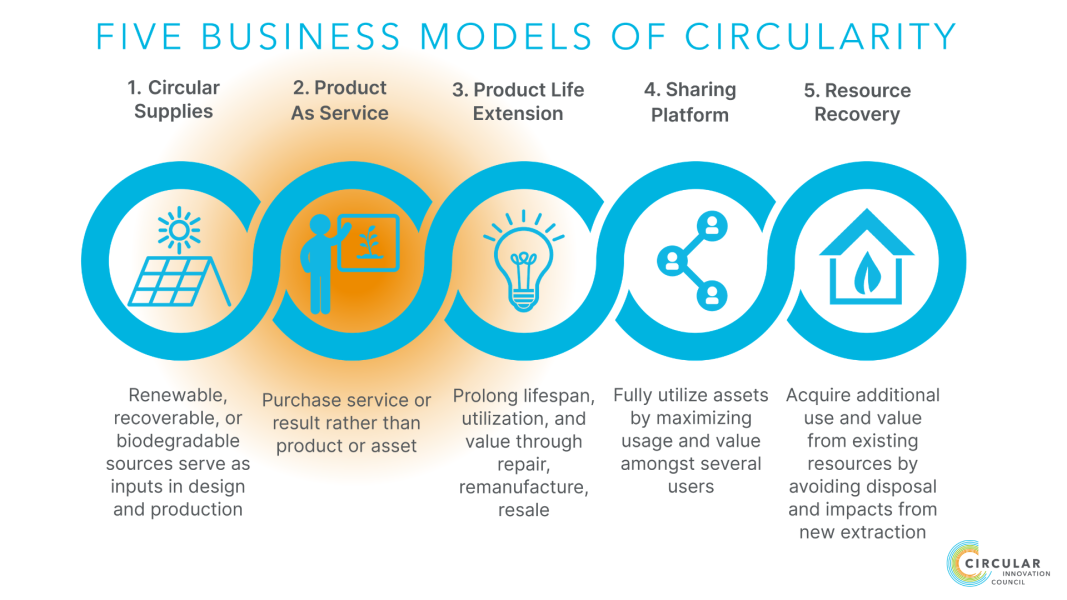

Canadians and stakeholders were invited to comment on the technical issues paper, which presents considerations and options for key elements of the development of the proposed regulations.
Circular Innovation Council—along with Saskatchewan Waste Reduction Council, Recycling Council of Alberta, and Recycling Council of British Colombia—submitted a joint response.
We respectfully acknowledge that we live, work and play on the traditional territory of many Indigenous Nations and we humbly extend our respect to Indigenous individuals, communities and Elders, past and present, as the traditional custodians of this land.
Circular Innovation Council is a registered charity.
Charity Registration Number: 119112118 RR 0001